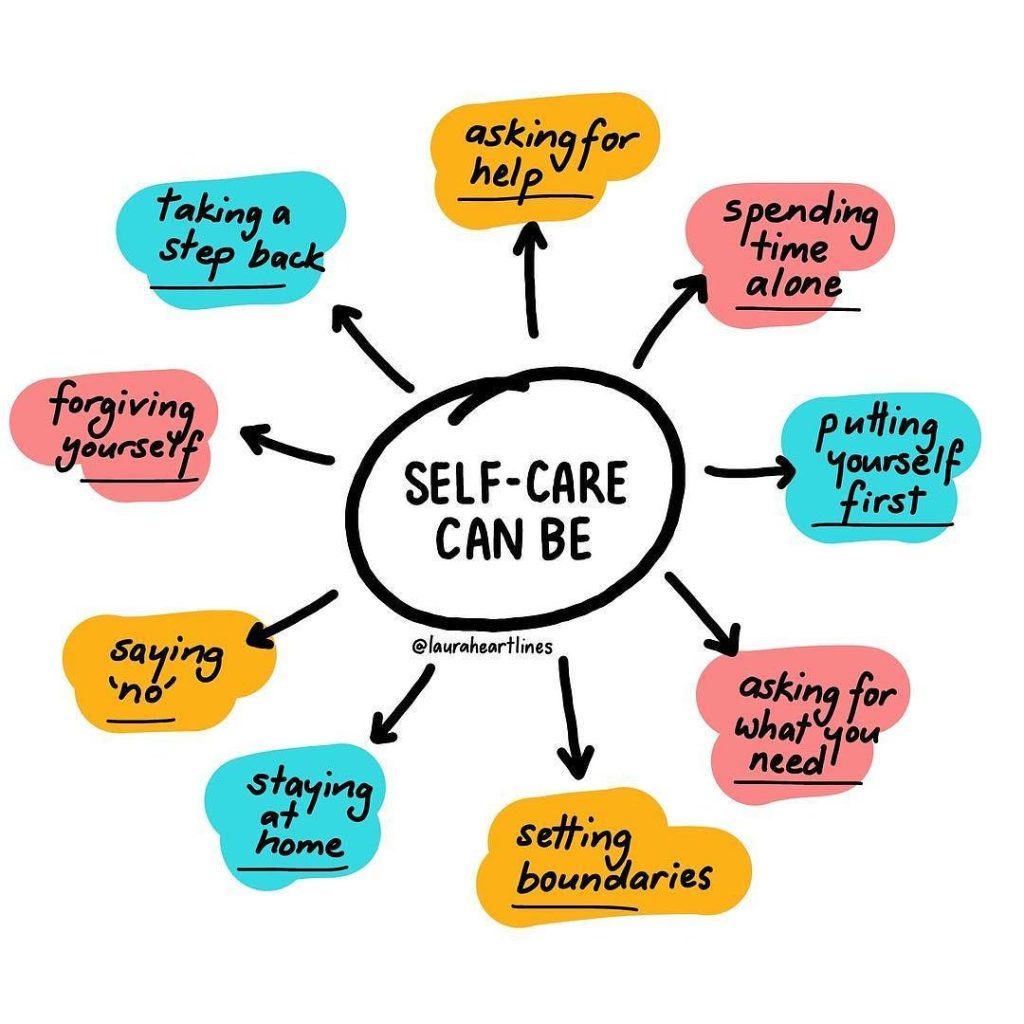The Federal Government (FG) has urged the Nigerian media to champion national advocacy on self-care as part of efforts to strengthen the health system and improve public health outcomes.
In a virtual media workshop organized by White Ribbon Alliance Nigeria (WRA Nigeria), with support from the Federal Ministry of Health and Social Welfare (FMOH&SW) and the Self-Care Trailblazer Group (SCTG), this call was made.
According to the Voice of Nigeria (VON) report, the event, themed “Media as a Catalyst for Advancing Self-Care for Sexual, Reproductive, and Maternal Health in Nigeria”, brought together journalists, development partners, and policymakers.
World Health Organisation (WHO) defined self-care as the ability of individuals, families and communities to promote health, prevent disease, maintain health, and cope with illness and disability with or without the support of a health worker.
Director of Reproductive Health at the FMOH&SW, Dr Samuel Oyeniyi, said self-care has long existed in Nigerian society but must now be integrated into health policy.
“Self-care is something we’ve practiced informally for generations, from home remedies to personal hygiene, but we must move beyond tradition and embed self-care into national health systems with structured guidelines and support,” he said while highlighting the role of media in spreading this message.
Read Also: Nigeria adopts FOPL to promote healthier food choices
He added that Nigeria has developed strategies to promote self-care in reproductive, maternal, adolescent, child, and elderly health, noting it is key to achieving universal health coverage (UHC).
WHO Nigeria’s Dr Femi James described journalists as vital partners in influencing behaviour.
“You have platforms that reach millions; you can shape public perception, correct misinformation, and influence behavioural change. There’s no way we can drive this self-care agenda without your voice,” Dr. James said.
He explained that self-care reduces pressure on overstretched health facilities and strengthens resilience during health crises such as COVID-19.
Challenging stigma
Programme Advisor at IPAS Nigeria, Samsu Gombwer, highlighted stigma around issues such as contraception and menstrual health.
Gombwer noted, “The media is a powerful tool for dismantling this stigma by sharing accurate information and for letting people know where and how to access services. IPAS is committed to walking this journey with you. “
Global push, local action
SCTG’s George Kapiyo described the initiative as part of a global movement to place people at the centre of healthcare.
“This is not just another webinar or capacity-building session; this is the beginning of a long journey, one that we are proud to walk with White Ribbon Alliance Nigeria and the Nigerian media,” he noted.
The workshop provided journalists with evidence-based resources and encouraged them to share community-driven stories, clarify misconceptions, and hold policymakers accountable.
With Nigeria’s health system still recovering from COVID-19, the government and partners stressed that self-care should become a sustainable element of national health delivery.
“Together, we can make self-care not just a strategy, but a culture,” Dr Oyeniyi declared.



